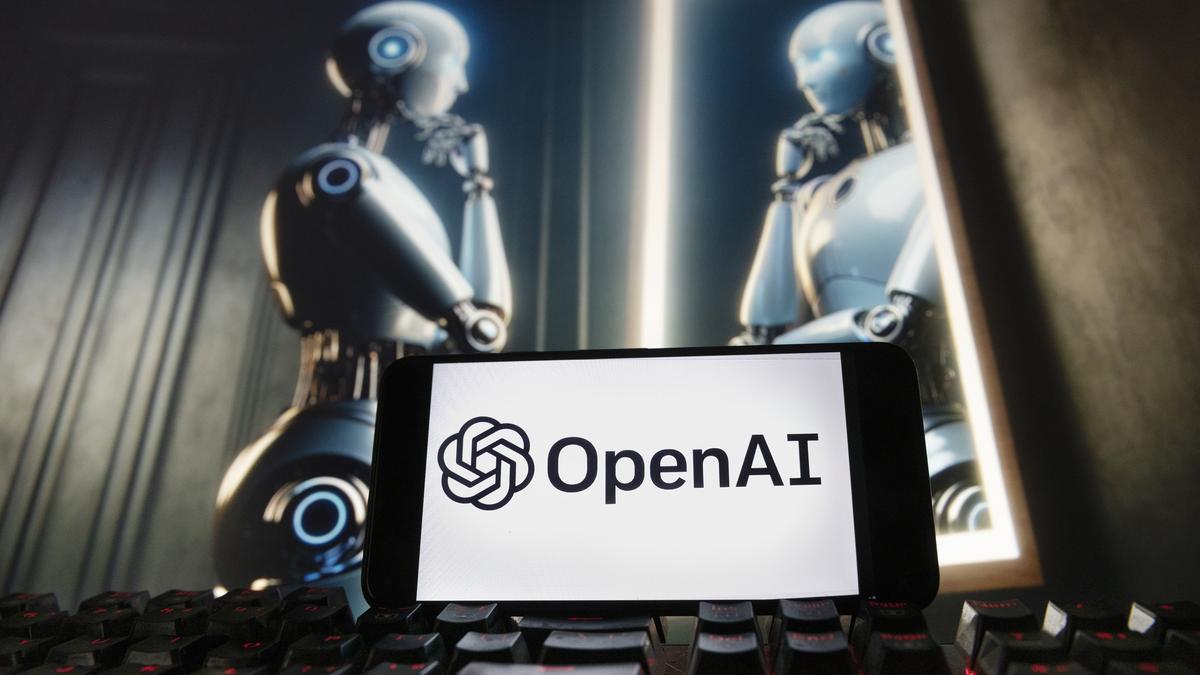U.S. Senate Hearing on AI: Power Dynamics in the Global Tech Landscape
The Stakes in Artificial Intelligence
As the realm of artificial intelligence (AI) continues to evolve, the battle for supremacy between the United States and China intensifies. Top executives from American tech giants, including Sam Altman of OpenAI, Brad Smith of Microsoft, and Lisa Su of AMD, will appear before the U.S. Senate on Thursday to discuss strategies for maintaining U.S. leadership in AI. This hearing, convened by the Senate Commerce Committee under the leadership of Republican Senator Ted Cruz, aims to address how regulatory frameworks can be revamped to foster innovation while countering the formidable advances made by Chinese entities.
China’s Entry into the AI Arena
Last year, China’s AI start-up DeepSeek created a significant stir with the introduction of a highly competitive, cost-effective AI model. This development has not only thrown down the gauntlet to established players like OpenAI and Meta but has also prompted U.S. policymakers to reconsider existing regulations that could stifle American companies in the rapidly evolving tech sector. The urgency to respond to this shift arises from concerns that the Chinese government may leverage advanced AI technologies to bolster its military capabilities.
A Call for Stronger Policies
The American tech industry is mobilizing to lobby for regulatory changes, asserting that the promotion of AI reflecting democratic values is crucial for national security. The overarching narrative is that a robust and dynamic AI ecosystem in the U.S. is essential not just for economic competitiveness, but for ensuring that global standards align with democratic norms. Sam Altman, in his expected testimony, will highlight the potential societal benefits of AI, advocating for a future shaped by American innovation.
Insights from Industry Leaders
During the hearing, Sam Altman is likely to emphasize the importance of U.S. leadership in AI, stating that the future presents "unimaginable" possibilities if America focuses on establishing a version of AI rooted in freedom and transparency. On the other hand, Brad Smith of Microsoft will reportedly argue for comprehensive support for companies across the AI spectrum and the necessity of international alliances. This collaborative approach, he believes, is vital for maintaining a competitive edge.
The Regulatory Dilemma
The backdrop to these discussions is a complex regulatory environment. The Biden administration has implemented strict measures to limit China’s access to advanced AI technologies, leading to licensing requirements on shipments of AI chips from Nvidia and AMD to China. While these measures aim to protect U.S. national security, there is growing dissent among industry players who argue that such restrictions may inadvertently handicap American firms. Critics contend that these regulations could pave the way for companies like Huawei to dominate the Chinese market, leveraging their own AI innovations.
The Innovation Challenge
Senator Cruz has made it clear that to excel in the AI race against China, the U.S. must prioritize innovation rather than impose stringent regulations that could inhibit growth. He argues that ensuring an environment conducive to AI development is pivotal to outpacing Chinese advancements. The underlying message is that fostering a culture of creativity and innovation should supersede the fear of competition, steering clear of a regulatory framework reminiscent of Europe, which some view as overly restrictive.
The Technological Landscape
Developments in AI hinge on a variety of factors, including specialized computer chips, vast datasets for training models, and a skilled workforce adept at navigating this complex technological landscape. As the world watches, how the U.S. responds to these challenges—balancing innovation and regulation—will undoubtedly shape the future trajectory of AI on a global scale.
Looking Ahead
As this crucial Senate hearing approaches, it sets the stage for an ongoing debate about the future of AI in America. As key figures in the tech industry voice their perspectives, the impact of their testimonies may well influence both policy directions and the broader dynamics of international competition in the AI sector. The stakes couldn’t be higher as nations grapple with the implications of this transformative technology.


